The automotive industry is witnessing a paradigm shift towards sustainability, and electric vehicles (EVs) are at the forefront of this green revolution. Central to the success of EVs is the development of efficient and accessible charging infrastructure. Mobile Charging as a Service (MCAAS) has emerged as a key player in this landscape. In this comprehensive blog post, we will delve into the features and advantages that make MCAAS Electric Vehicle Charging Stations a crucial element in the acceleration of electric vehicle adoption.
The Evolution of MCAAS Charging Stations

MCAAS Charging Stations represent a revolutionary departure from traditional fixed charging infrastructure. Unlike static charging points, MCAAS stations are designed to be mobile and flexible, catering to the dynamic needs of electric vehicle users. This section will explore the evolution of MCAAS technology, highlighting key milestones and innovations that have shaped its current state.
Key Features of MCAAS Electric Vehicle Charging Stations

- Mobility and Flexibility: MCAAS Charging Stations are strategically positioned at various locations, providing mobility and flexibility for EV users. This feature addresses the critical concern of range anxiety, allowing drivers to charge their vehicles conveniently while on the move.
- Modular Design: The modular design of MCAAS stations contributes to cost-effectiveness and ease of installation. These stations can be easily deployed and relocated based on evolving charging demands, ensuring optimal use of resources.
- Integrated Technology: MCAAS stations often integrate advanced technology, including real-time monitoring, payment systems, and user-friendly interfaces. This integration enhances the overall user experience and promotes the seamless integration of electric vehicles into daily life.
- Scalability: The scalability of MCAAS infrastructure allows for the expansion of charging networks in response to the growing demand for electric vehicles. This feature makes MCAAS an adaptable and future-proof solution for the evolving needs of urban and suburban environments.
- Renewable Energy Integration: Many MCAAS providers prioritize the use of renewable energy sources, aligning with broader sustainability goals. This commitment to green energy enhances the environmental advantages of electric vehicle adoption facilitated by MCAAS charging stations.
Advantages of MCAAS Charging Stations
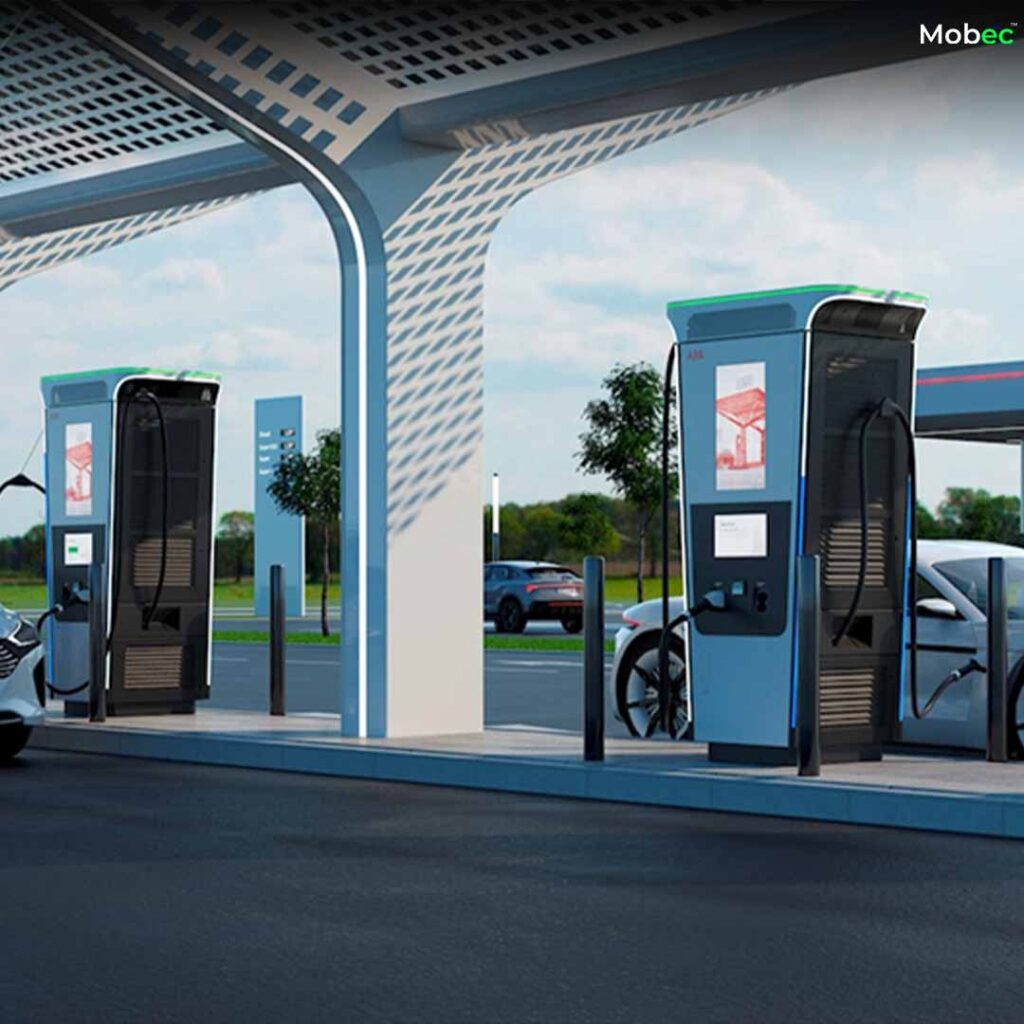
- Convenience and Accessibility: The primary advantage of MCAAS Charging Stations is the unparalleled convenience they offer to electric vehicle users. With strategically positioned stations in urban hubs, workplaces, and recreational areas, users can seamlessly integrate charging into their daily routines.
- Mitigation of Range Anxiety: MCAAS stations play a crucial role in mitigating range anxiety, a significant barrier to electric vehicle adoption. By offering mobile charging solutions, MCAAS addresses concerns about running out of battery power before reaching a fixed charging point.
- Cost-Effective Infrastructure: The modular and scalable nature of MCAAS infrastructure contributes to cost-effectiveness. Businesses and municipalities can deploy these stations without the need for extensive and expensive construction, making it an economically viable solution for widespread adoption.
- Environmental Sustainability: The integration of renewable energy sources and the promotion of electric vehicle use align with environmental sustainability goals. MCAAS Charging Stations contribute to reducing carbon emissions and fostering a cleaner, greener transportation ecosystem.
- Smart City Integration: MCAAS Charging Stations are integral to the development of smart cities. Their connected and intelligent infrastructure allows for remote monitoring and management, optimizing energy distribution and contributing to the overall efficiency of urban environments.
Case Studies and Success Stories
This section will delve into real-world examples and case studies highlighting the successful implementation of MCAAS Charging Stations. Examining specific instances where MCAAS has positively impacted electric vehicle adoption provides tangible evidence of its efficacy and potential for broader implementation.
Future Innovations in MCAAS Technology
As technology continues to advance, the future of MCAAS Charging Stations holds exciting possibilities. This section will explore upcoming innovations, including faster charging speeds, enhanced battery technologies, and improved user interfaces. These innovations are poised to further elevate the appeal and efficiency of MCAAS infrastructure.
Conclusion
In conclusion, MCAAS Electric Vehicle Charging Stations are at the forefront of transforming the landscape of electric vehicle adoption. The features and advantages they bring, from mobility and flexibility to environmental sustainability, make them a cornerstone in the transition to sustainable transportation. As technology evolves and more regions embrace the benefits of MCAAS infrastructure, we can expect a future where electric vehicles are not just a mode of transport but a fundamental component of a cleaner and greener urban ecosystem. Embracing the features and advantages of MCAAS Charging Stations is not just a step towards sustainable mobility; it’s a leap into a future where electric vehicles seamlessly integrate into the fabric of our daily lives.
Frequently Asked Questions (FAQs)
-
What sets MCAAS Charging Stations apart from traditional fixed charging infrastructure?
MCAAS Charging Stations stand out due to their mobile and flexible design, addressing the dynamic needs of EV users, unlike static charging points.
-
How does the modular design of MCAAS stations contribute to cost-effectiveness?
The modular design facilitates easy deployment and relocation based on evolving charging demands, ensuring optimal resource use and cost-effectiveness.
-
What technology is integrated into MCAAS stations to enhance user experience?
MCAAS stations often integrate advanced technology, including real-time monitoring, payment systems, and user-friendly interfaces, enhancing overall user experience.
-
How do MCAAS Charging Stations mitigate range anxiety for electric vehicle users?
By strategically positioning stations at various locations, MCAAS ensures mobility and flexibility, addressing the critical concern of range anxiety for EV drivers.
-
What advantages do MCAAS Charging Stations offer in terms of environmental sustainability?
MCAAS providers prioritize renewable energy sources, aligning with sustainability goals and contributing to reducing carbon emissions in the electric vehicle ecosystem.



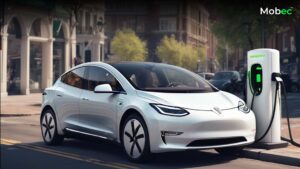






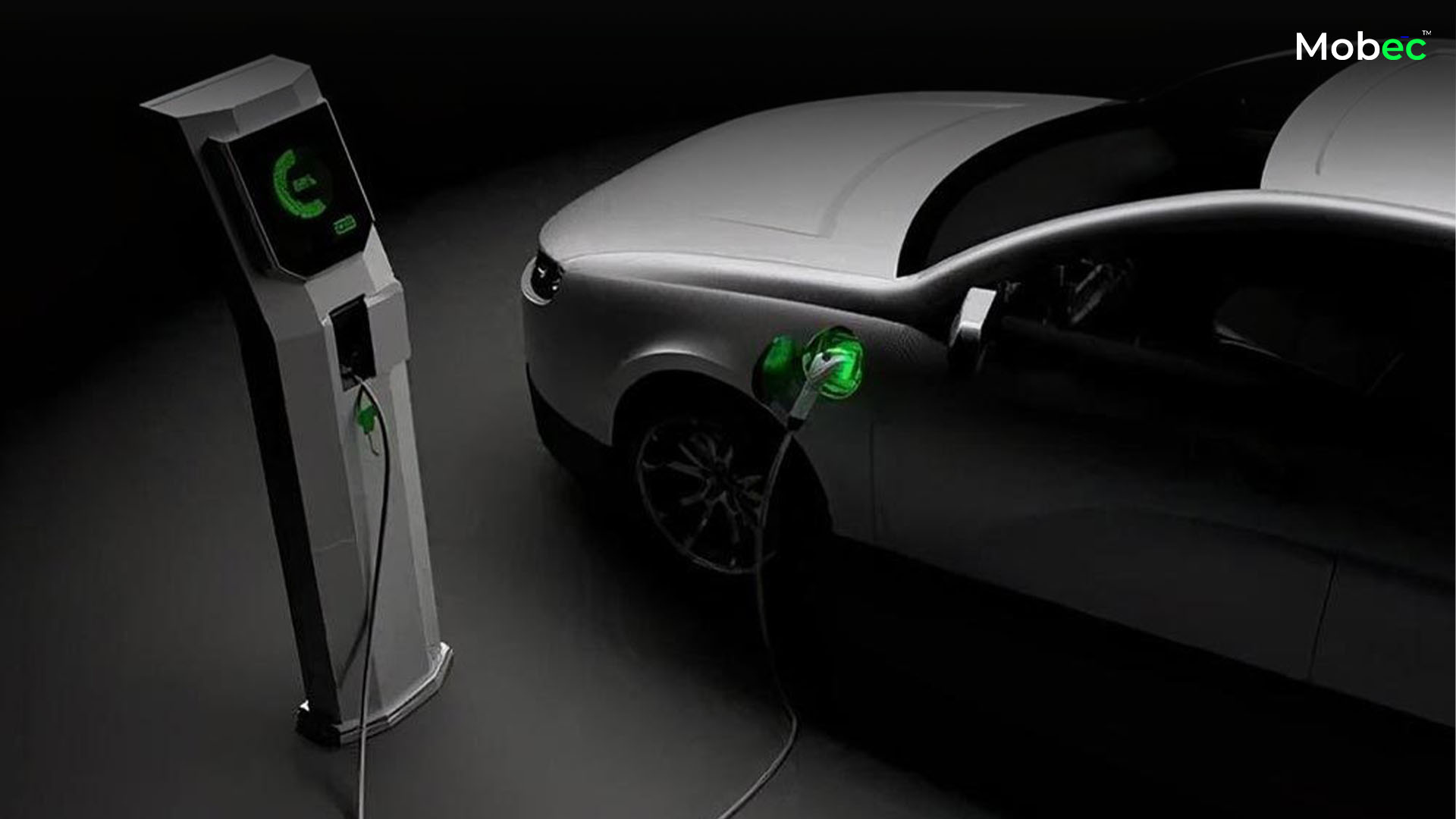

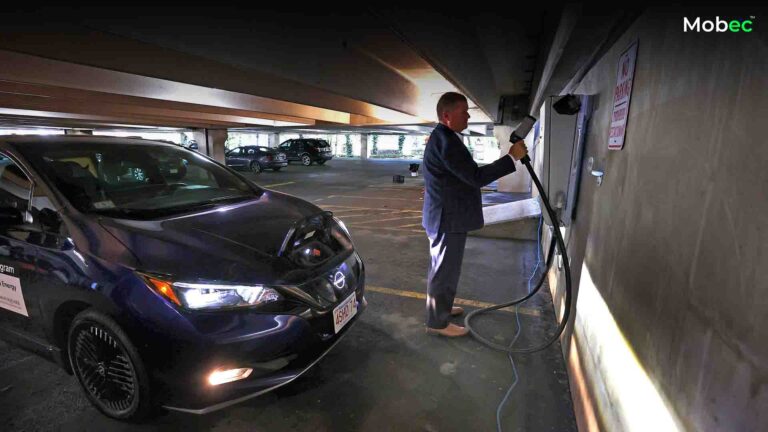
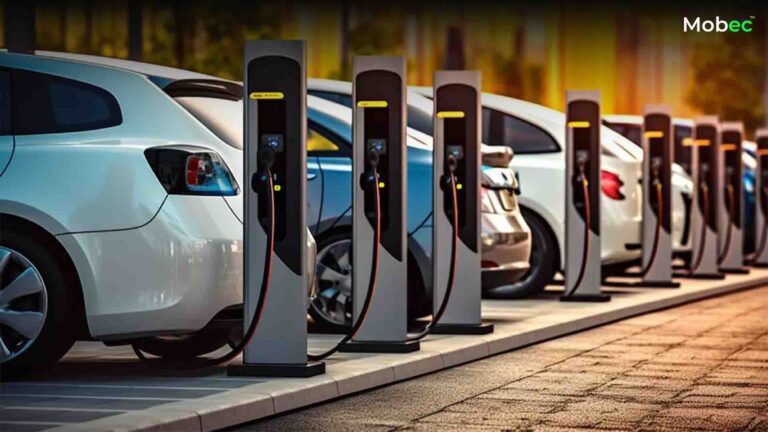








+ There are no comments
Add yours